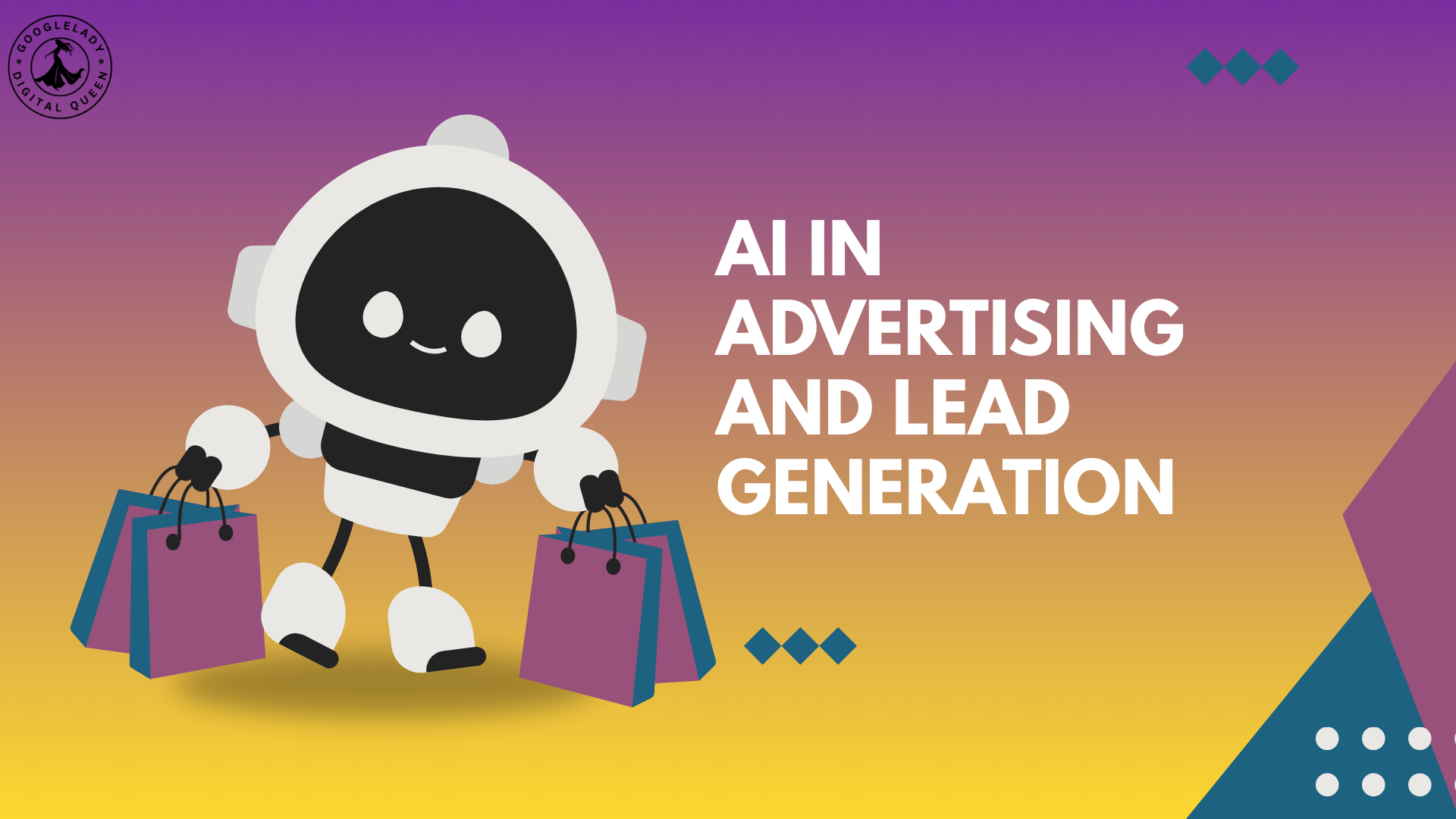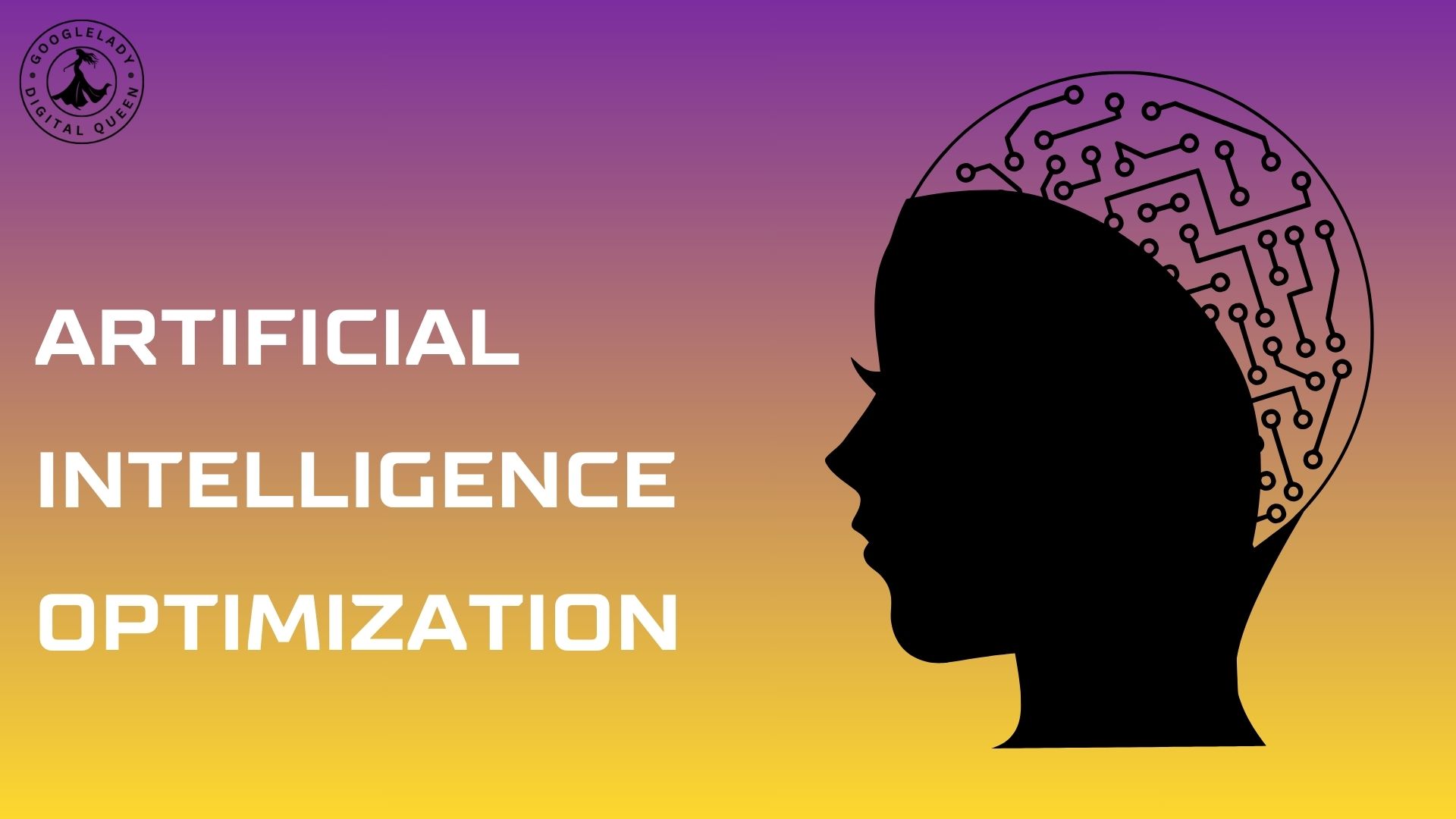Learn how ethical AI fosters equity, accountability, and responsible utilization of AI that is sustainable and a source of trust for the future.
Introduction
The rise of artificial intelligence (AI) in the past few years has rapidly changed the way industries operate, altered economies, and changed the way we interface and interact with technology. Whether it be in predictive analytics, health diagnostics, customer support and chatbots, or autonomous vehicles, AI systems currently support many of the products and services we enjoy digitally.
Recognizing the Criticality of Ethical AI in Today's Technology
However, the evolution of AI technology raises immediate questions around ethical use and long-term implications for society. Ethical AI and responsible AI are no longer optional; they are critical for establishing trust, especially in a world divested in intelligent machines.
Recent research shows that more than 72% of consumers across the planet are worried about how companies are implementing AI to make decisions about them. Surprisingly, when considering organizational use of AI, over 60% of organizations report not having any clear response to implement an ethical framework for the development or deployment of AI.
This shift in awareness has demonstrated a fundamental change in public expectation- people want our technology to have a value-influenced purpose, protect privacy, and provide equity..
The area of ethical and responsible AI aims to respond to these quandaries by creating guidelines, governance, and ethical norms and standards for the design and use of AI systems. As society becomes more connected through data, algorithms, and automation, the development of AI safety, sustainability, and accountability becomes very important for the continuation of trust in people and technology.
Understanding Ethical AI: Principles & Frameworks
Ethical AI is the concept of creating, deploying, and implementing artificial intelligence systems in ways that are consistent with ethical principles, including fairness, accountability, transparency, privacy, and respect for human rights. The goal is to create technology that benefits people without harm or the reinforcement of existing biases.
Ethical AI development is directed by ethical frameworks that address ethical considerations in the field of AI, including reducing biases, providing explanations, use of data, and human oversight. These ethical frameworks are created so that AI systems function in acceptable moral and social behavior.
Simply, ethical considerations in AI mean that algorithms should not discriminate, data should be collected and managed responsibly, and that individual users should be able to explain how decisions are made.
The ethics surrounding artificial intelligence go beyond the concepts of programming and technical design; it also addresses moral contemplation of questions such as: Is it ethical to replace human labor with AI? When, and in what conditions, will AI be used ethically in a decision-making process that affects people’s lives? Further, what are the ethics of artificial intelligence in terms of implications for privacy, democracy, and equality?
Ethical AI includes the idea of responsible AI companies that build and roll out intelligent technology with the commitment to adhere to strict guidelines. These organizations will embed ethical guidelines for AI in every aspect of developing the technology, from data collecting to testing algorithms, and from feedback to users.
Sustainable AI companies consider both the environmental and social considerations surrounding the implementation of AI models. The companies ensure a decreased use of energy or a smaller carbon footprint resulting from AI by looking at sustainability.
Ultimately, ethical artificial intelligence is not just protecting from harm; it is realizing a positive good, fairness, inclusion, and sustainability.
The Role of Ethical AI in Building Trust with Users
Trust is the basis for technology adoption. If users do not trust a product, even the most advanced AI tool will not be accepted by users, companies, or society at large.
Ethical AI is critical in building and maintaining this trust. When users know a...
Ethical AI practices foster trust by making AI systems more transparent and understandable. When developers clearly explain how an algorithm works and allow users to contest decisions, it reinforces confidence.
Moreover, when ethical AI companies ensure that their models do not exploit personal data or manipulate behavior, they demonstrate a genuine commitment to human-centered design.
Ethical aspects of AI entail promoting systems that are safe, reliable, and will further human goals. The emergence of AI safety companies is an example of a growing space to understand risks, such as biases or unsafe outcomes with the potential of AI, and to create social safeguards against these risks.
Building trustworthy AI necessitates ongoing monitoring, auditing, and improvements to these systems. Ethics within technology are inherently social, and social norms can shift at any moment.
By adopting an ethical frame of reference, organizations are not only investing in their relationship with users but also in the wider social contract with human and non-human participants.
The Testimonials of Ethical AI for Organizations and Society
The use of ethical AI tools and frameworks can offer significant benefits to businesses and society.
Focusing on ethical AI allows organizations to strengthen brand reputation, mitigate the risks of regulation, and foster competitive advantage, while democratizing organizations within are populated with loyal customers. At the same time, benefits for society allow order to exist between technological advancement and socially held values like fairness, inclusion, and justice.
When organizations use ethical guidelines for artificial intelligence, they reduce the probability that AI models will engage in unethical behaviors such as racist hiring algorithms or unethical credit scoring. Reducing bias means better decisions and greater equity.
In addition, developing ethical, sustainable AI companies can minimize AI models' environmental impact, especially because training large AI systems can use a lot of energy.
From a societal perspective, the ethical development of AI guarantees that automation will complement human potential, rather than taking its place. If ethics are followed, AI will create work, rather than displace it.
Ethical technology companies would further develop so-called "augmented" systems in which workers could focus on creativity, problem-solving, and emotional intelligence while AI assisted them.
Another major benefit of ethical AI is data protection. With billions of pieces of data collected daily, ethical considerations in artificial intelligence require consideration of how we are using someone's personal data.
Consent mechanisms, anonymization, and storage security are all necessary components of ethical data protection.
Finally, ethical AI practices would assist, rather than hinder, a company's public perception and regulatory compliance. Governments around the world are instituting stricter regulations on AI, and organizations that instituted ethical regulations first will be in the best position to comply with government regulations. In short, ethical AI is good to do and smart.
Best Practices for Ethical AI Systems Design
The creation of ethical and accountable AI involves an integrated effort of technology, governance, and human oversight.
Ethical uses of AI involve designing systems with fairness, accountability, and transparency in mind from the beginning. Developers and policy makers must work in tandem to create frameworks to guide decision-making across the lifecycle of an AI tool.
Reducing bias is one of the most complicated ethical considerations when it comes to AI. Algorithms developed using historical or unbalanced data may unintentionally reinforce discrimination.
Incorporating diverse datasets and ongoing auditing while developing AI systems is one way to enable ethical AI. The systems should also be explainable, which means the user will have the technical capabilities to understand why an AI made a particular decision.
AI safety, or how to safeguard against unintentional consequences or harmful behavior, is another consideration. Ethical AI tools must undergo testing prior to release to avoid unforeseen consequences.
Human intervention should always be incorporated in important decisions, whether on the backend or front end, which means systems will always have a human element. This keeps accountability and prevents over-reliance on automation.
Lastly, transparency should be a top priority. Users must be made aware if they are using AI and made aware of how their information will be used. Companies should be up front about the purpose of their AI tools as well as their limitations and risks.
In terms of...
Case Studies: Successful Implementation of Ethical AI in Industry
Examples from several industries highlight how ethical AI demonstrates that responsible design can provide benefits in the real world. In healthcare, AI systems that prioritize fairness and transparency can help improve diagnostic accuracy without sacrificing patient privacy.
In finance, ethical algorithms have helped minimize bias in credit scoring and offered more inclusive paths to lending. Also in education, tools powered by ethical AI principles are helping personalize student experiences while maintaining our ethical obligations to student data rights.
Sustainability is another area where ethical AI companies tend to dedicate greater consideration. Certain organizations have adopted principles of sustainable AI by optimizing data centers, recycling electronics, and creating low-power models for machine learning. This dedication to environmental respect opens the door for AI technologies to grow, but not at the expense of environmental degradation.
Even in customer service and marketing, ethical AI has proven effective. Paring down prescriptive modeling algorithms will allow companies to create recommendations that are personalized for their customers, but without abusing customer consent or circumventing privacy. Ethical uses of AI demonstrate how it is much more than profit-generating, scalable, or impactful; it can encourage responsible innovation.
Organizations whose mission is to develop ethical technology may even encounter fewer compliance issues and public outcry. Instead of unethical AI cases like manipulative chatbots for marketing purposes or biased observational surveillance systems…
These case studies collectively illustrate that ethical and responsible AI is not a limitation but a catalyst for progress. It ensures that AI enhances humanity rather than exploiting it — creating systems that are fair, accountable, and beneficial for all.
Conclusion
As we move into a world increasingly marked by artificial intelligence, the pressing need for ethical AI becomes more apparent than ever. The ethical dimensions of AI go far beyond technology and touch on human rights, democracy, equity, and sustainability. Society must safeguard that the benefits of AI are democratized and are not hoarded by a few.
Ethical AI companies and Responsible AI organizations are significant to laying this groundwork. By imbuing clear ethical standards for artificial intelligence and encouraging AI safety, while growing sustainable AI companies, the field can create equilibrium between invention and integrity.
The ethical quandaries of AI are not in the machine, but in how people agree to design and/or utilize AI. Human dilemmas related to artificial intelligence, including bias, privacy, and accountability, can be approached through collective input, permeability, and common ownership. Ethically designed AI has the potential to improve the quality of life, improve efficiency, and facilitate sustainable social development.
Ethical development in AI will, over the next few years, be at the forefront of this stage of technological development. The critical question is not whether AI will shape our future, but whether it will do so ethically. Through the embrace of ethical AI practices today, we can create a future where technological advancement extends to humanity and human ethical values.
FAQS
1. What is ethical AI?
a. Ethical AI describes the design and implementation of artificial intelligence systems that conform to moral values, including fairness, transparency, accountability, and respect for human rights. Ethical AI helps promote the use and development of AI systems in a responsible manner that does not cause harm or discrimination towards individuals, communities, or society.
2. Why is ethical AI most critical?
a. Ethical AI is critically important to establish trust between humans and technology. Ethical AI helps mitigate technological bias, protect privacy, provide transparency, and supports ethical and responsible AI use to benefit society and business.
3. What are the primary ethical concerns of AI?
a. Common ethical issues related to AI include algorithmic bias, algorithmic neutrality, privacy violations, misuse of data, job displacement, and misuse of AI in decision-making and surveillance.
4. How can AI be used ethically?
a. AI can be ethical through the fairness of algorithms, transparency, enforcement of personal data protection, reduction of bias, and involvement in human decision-making. The company utilizing AI must enforce and adhere to ethical compliance.
5. What are ethical AI activities?
a. Ethical AI activates include practices that create an explainable AI, protect data privacy, audit algorithms for bias, ensure sustainability, and provide accountability throughout the lifecycle of AI.



0 Comments